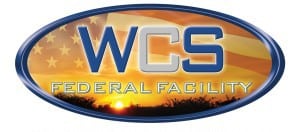
Waste Control Specialists increased both sales and operating income for the third quarter of 2017, its parent company reported Thursday. The Dallas-based waste disposal provider’s year-to-date earnings numbers were also up through Sept. 30, but were dragged down…